Sustainable Wine: Its Role within Our Trade
You’ve probably heard the terms natural, organic, and vegan applied to wine; they refer to vineyard and winemaking practices. Sustainable wine is a much broader topic, and whether a regional or national program, it includes practices related to wine growing and native habitat preservation, societal and business concerns, such as workers’ health safety, and being good neighbors, and being part of the community.
These can be grouped into what is commonly referred to as the “Three E’s” of sustainability: Environmentally Sound, Economically Feasible, and Socially Equitable. This article will cover sustainable wine at a high level, touch on two programs in some detail, and provide resources for key wine-related sustainability organizations and certifications around the globe.
Lodi Rules (Certified Green)

With roots going back to 1991 when farmers formed the Lodi Winegrape Commission, Lodi Rules has one of the longest histories in promoting sustainability, starting with the reduction of pesticides in the vineyard by adopting Integrated Pest Management (IPM). Its certification program was put into place in 2005.
As of May 2020, the standard’s 120 rules comprise six sections:
- Business Management (including succession planning)
- Human Resources Management
- Ecosystem Management
- Soil Management
- Pest Management
Lodi Rules also include a pesticide risk assessment model based on a pesticide’s impact on workers, flora, and fauna. Certification is awarded annually, and audits are conducted on random vineyards to ensure compliance.
South Africa: Integrated Production of Wine (IPW)
South Africa’s IPW program was established in 1998, with the 2000 vintage being the first eligible for certification. It has separate certifications for winegrowing (“FARM”) and wineries and winemaking, including bottling facilities (“CELLAR”).
As of June 2018, the FARM guidelines have 15 categories, and the CELLAR guidelines have 14 with an additional Bonus category. Applicants complete an annual self-survey based on the guidelines (with detailed information in corresponding manuals). Audits and spot checks are done randomly, including evaluation of grapes during harvest.
Why so many sustainable wine programs?

Just as each country, and each wine region within a country, has its laws for the types of grapes permitted, minimum alcohol levels, and percentages of varietals for labeling purposes, the sustainability initiatives have to take local conditions into account. Whether national or regional, most of these programs have several things in common:
- Certification requirements that include specifics from the Three Es, relative to terroir and local laws
- A scoring system
- Measurement and detailed recordkeeping
- Auditing to ensure compliance
- Separate certifications for wine growers and winemakers
- Seals that can be included on labels
How much water does it take to produce one gallon of wine?
One item that is always covered for winery practices is water use. The amount of water it takes to produce a product is known as its water footprint. In 2008, Bob Chrobak, a consultant on water issues for wineries, said: “Six gallons was a good rule of thumb.” That’s water used in the winery for tasks like cleaning the barrel, equipment, and floors, among others.
Water use in the winery can be reduced with equipment changes (low flow, high-pressure fittings), filtering the water so it can be reused, and changing some practices.
Some wineries have become very aggressive in reducing their water use and are using less than three gallons per gallon of wine, and some, around one gallon. This, of course, does not include water for irrigation, which will vary widely worldwide.
Some wine regions are dry-farmed, either by choice or local law. In others, where irrigation can be used, precisely metered drip irrigation systems can replace inefficient overhead spraying systems. Drip irrigation promotes deep vine root growth, which leads to healthy vines and, most likely, wines with more complexity when compared to an overhead system that encourages vines’ roots to spread horizontally.
Sustainable Wine Awards
National Awards:
United States
Pacific Northwest
California
New Zealand
Did you know that as of May 2020:
- 98% of New Zealand vineyards are certified sustainable by Sustainable Wine New Zealand?
- 2,097 vineyards and 149 wineries in California are certified sustainable by the California Sustainable Winegrowing Alliance?
- Several wine growing and wine making areas around the world have their own definition and certification process for sustainable practices?
Australia
South Africa
Italy
Chile
International

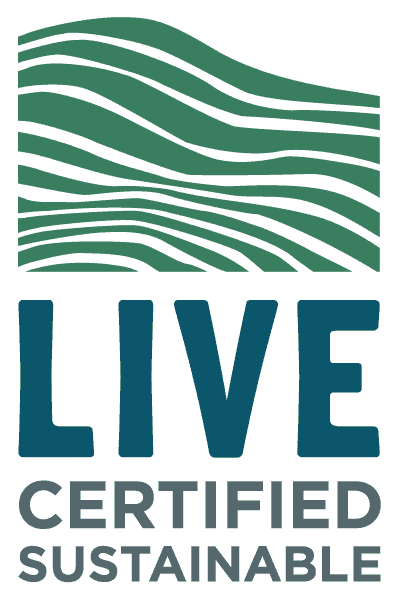

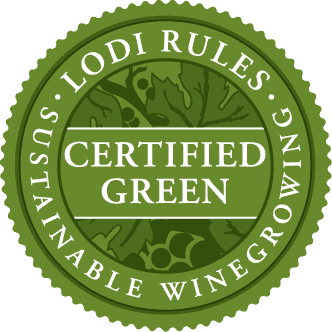

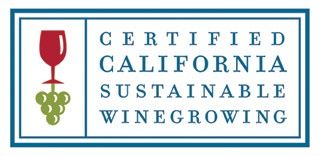

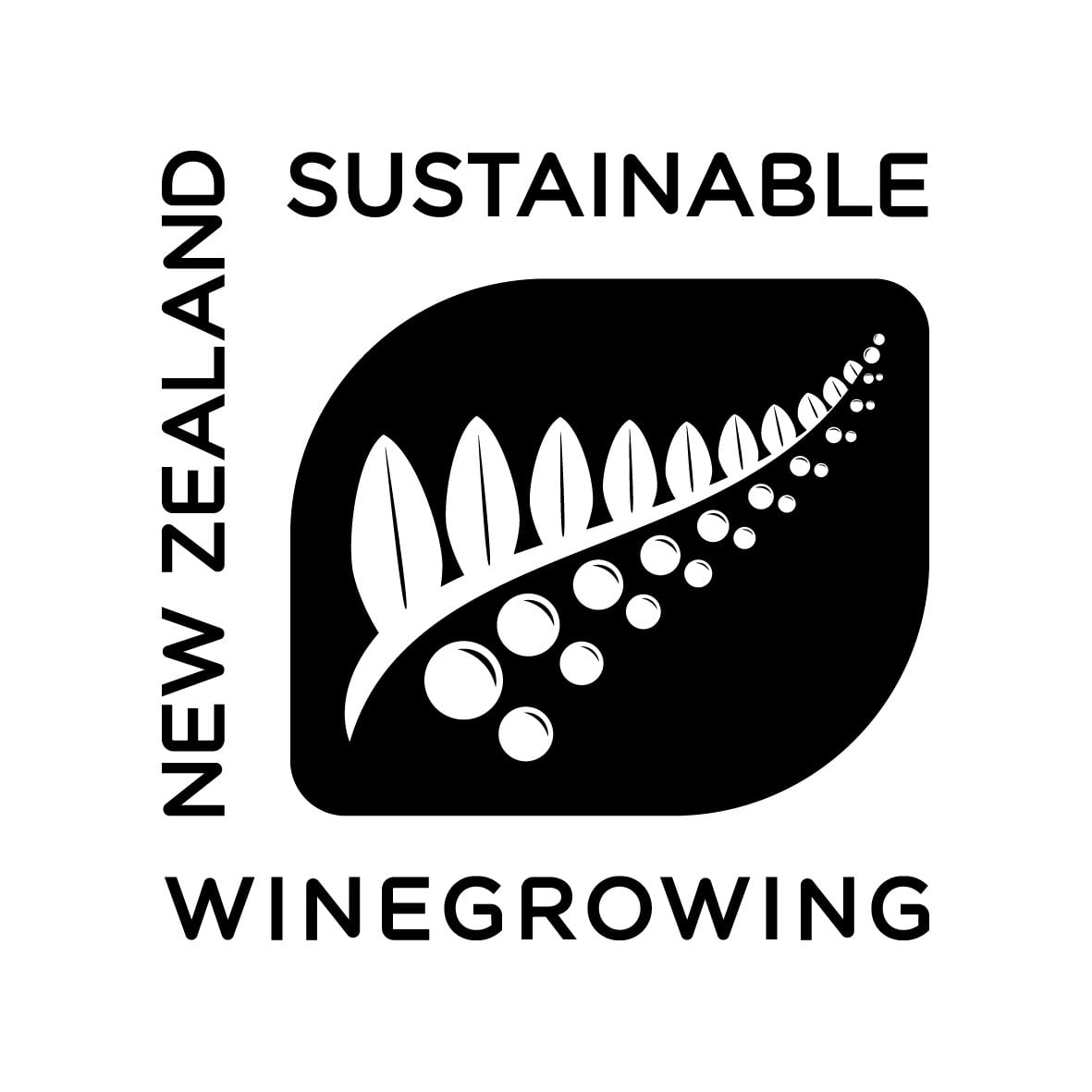
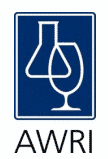
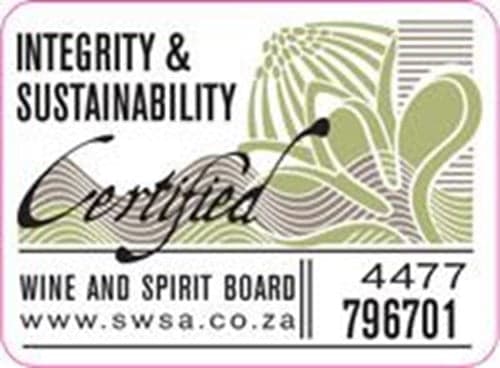
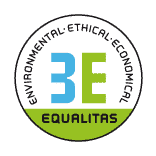
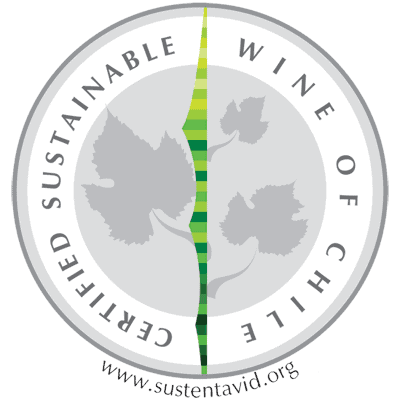
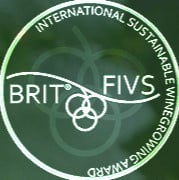

Pingback: Biodynamic Wine | What is Natural Wine? What is Biodynamic?